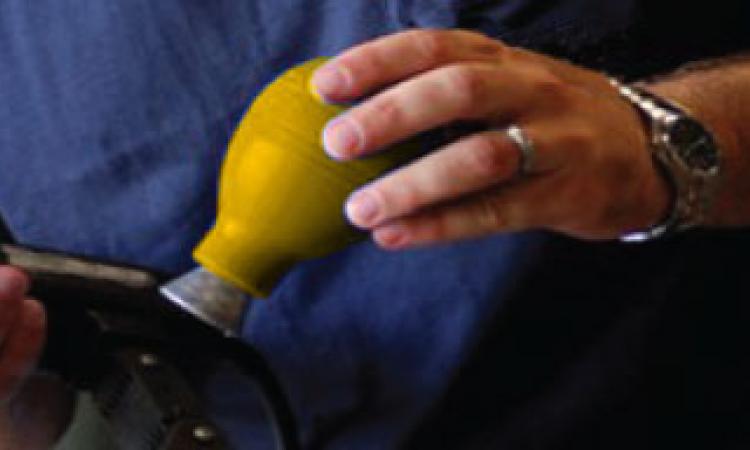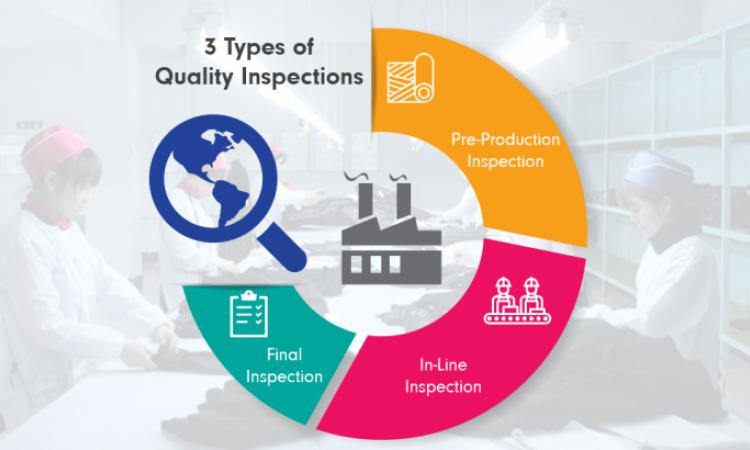
Non-Destructive Testing (NDT)
Demand for non-destructive testing (NDT) has grown and DASH’s Total Quality Assurance approach is meeting the growing market for these services.
Non-destructive testing is exactly as the name implies – testing that is performed without destroying or impacting the integrity of the items tested. A diverse range of industries use NDT to detect defects and irregularities and assess safety in equipment and assets, and the growing need to utilise NDT is a result of companies looking to extend the life of equipment, plant facilities and other assets in addition to adhering to increased regulation.
NDT helps to protect the investment made in plant infrastructure by providing the valuable data needed to detect, monitor and improve processes and assets. NDT also helps manufacturers in assessing components and products for quality and possible failure. Potential damage to a company’s reputation and brand can be avoided by utilising NDT to ensure the products’ safety and reliable operation.
At DASH, our tailored NDT solutions are second to none to satisfy each of our customer’s needs across a wide variety of industries including oil and gas, power generation, petrochemical, aerospace, defence, marine, rail, submarine, foundries and general engineering. We offer both conventional and advanced NDT methods to provide a complete examination of components, equipment and assets. Our on-going commitment to providing the best in NDT means we invest in the latest innovative technology and training for our expert staff. This technology, combined with our expertise and consistently reliable support, give you the assurance you need that quality and safety risks are minimised and operations are performing at optimal levels.
Non-destructive testing applications
The oil, gas and power generation industries rely on NDT throughout the lifecycle of their plant facilities. Our services are instrumental in the construction and installation of plant assets and equipment. They can also be integrated into asset integrity management programmes to ensure that plant infrastructure does not fail or break down. As seen over the years, in-service failure of assets at an oil rig or power station can prove catastrophic for the environment, personnel and a company’s reputation.
We also support the aerospace industry with NDT. Our testing of components for aerospace companies and their supply chain are carried out in accordance with the stringent inspection standards of the Civil Aviation Authority (CAA) and the Federal Aviation Authority (FAA) regulations. With industry recognised expertise and investment in technology, such as immersion ultrasonic equipment that inspects rectilinear discs in aircraft manufacture, DASH is able to offer a comprehensive suite of NDT services to the aerospace sector.
Utilisation of our NDT services has extended beyond oil, power and aerospace to non-industry sectors too – for instance the art world. In 2014, we inspected the V&A Museum’s statue cast of Michelangelo’s David in London with digital radiography. The museum had noticed flaking and cracking on the figure and our NDT experts used its advanced equipment to examine David and gave it a clean bill of health. The British Antarctic Survey (BAS) also called on us to utilise our advanced digital radiography technology to support their environmental research on the Antarctic ice sheet.
Whatever your non-destructing testing needs and whichever industry you serve, DASH can meet your requirements with our expertise, advanced technology and commitment to Total Quality Assurance.
Need help or have a question?

